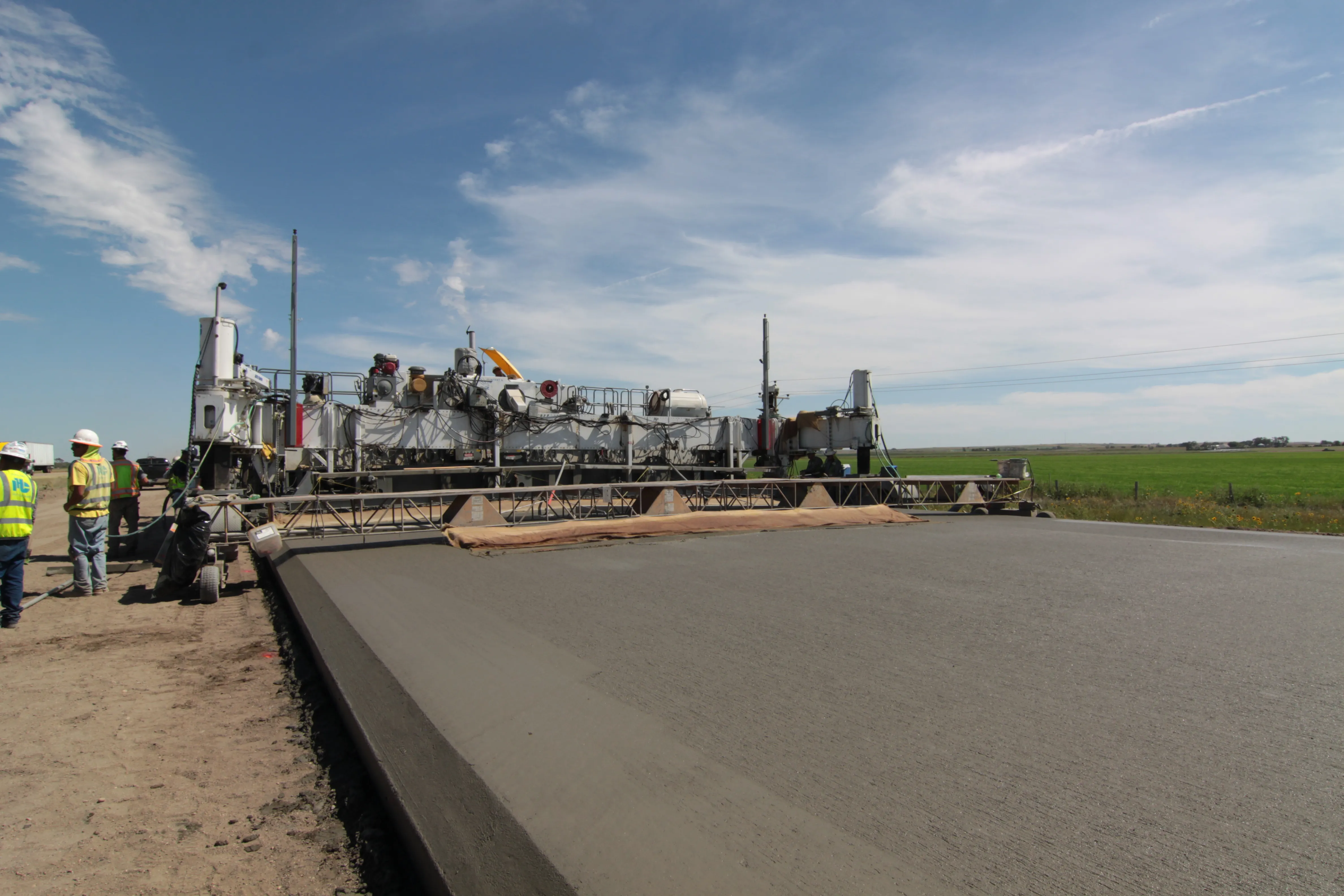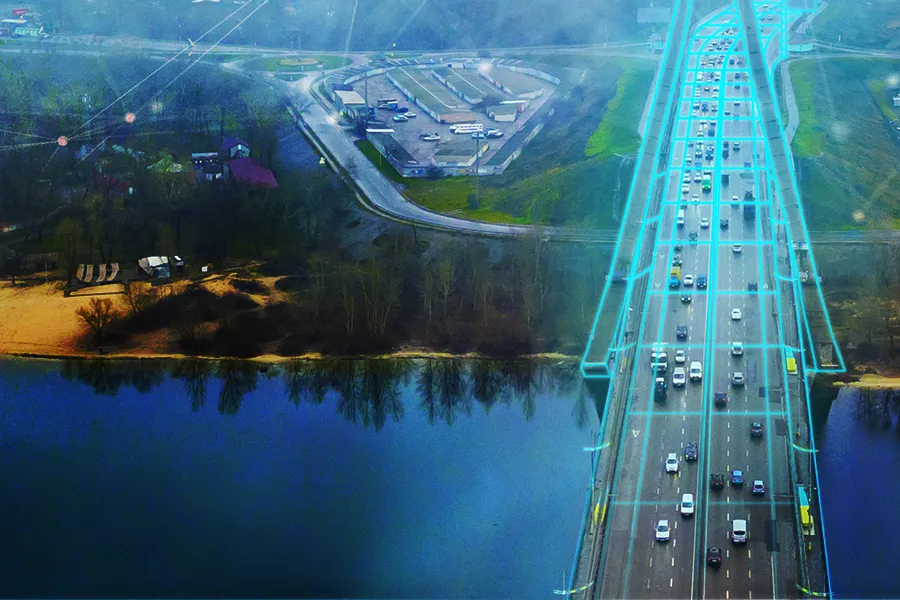According to the American Road and Transportation Builders Association (ARTBA), changes in the way the US Government reviews bridge projects could speed repairs. ARTBA has long-advocated this change, which could save US taxpayers an estimated US$78 million and reduce wait times for repair projects on more than 196,000 bridges in the country. The decision by the Advisory Council on Historic Preservation (ACHP) will allow the Federal Highway Administration (FHWA) to streamline the historic preservation proces
December 13, 2012
Read time: 2 mins
According to the American Road & Transportation Builders Association (ARTBA), changes in the way the 908 US Government reviews bridge projects could speed repairs. ARTBA has long-advocated this change, which could save US taxpayers an estimated US$78 million and reduce wait times for repair projects on more than 196,000 bridges in the country. The decision by the Advisory Council on Historic Preservation (ACHP) will allow the 2410 Federal Highway Administration (FHWA) to streamline the historic preservation process for concrete and steel bridges built after 1945. This will allow the projects to go through the regulatory review process as a group, rather than individually. ARTBA had supported this change when first proposed, noting that the approach is similar to how the agency dealt with historic preservation issues impacting rehabilitation and reconstruction of the Interstate Highway System (IHS). At that time, ARTBA similarly supported exempting large portions of the IHS from historic preservation regulations by identifying areas with historic value beforehand. ARTBA said the new review process, “…recognises while there will certainly be instances where active steps to preserve historical portions of the bridges will be necessary, the majority of bridge improvements in this class will not affect anything of historical significance.”









